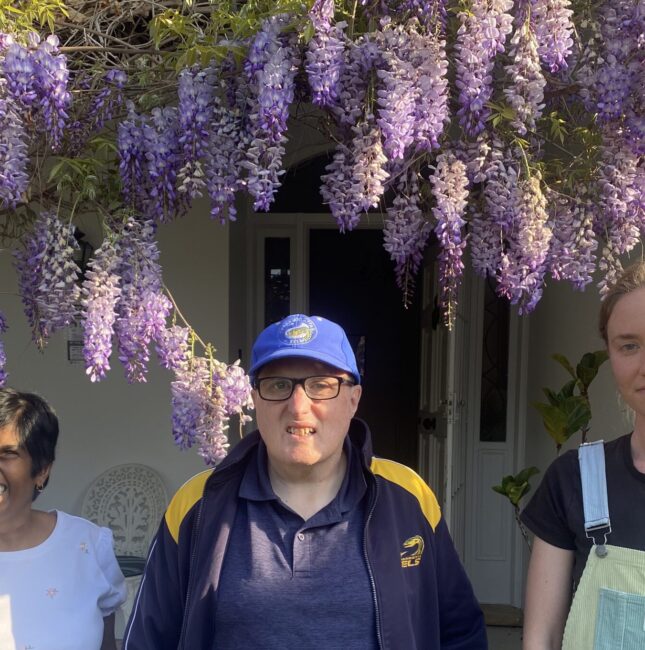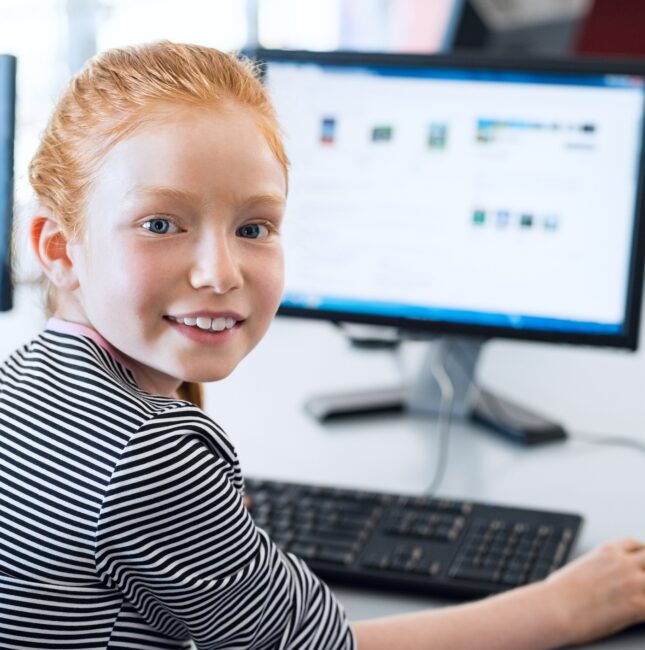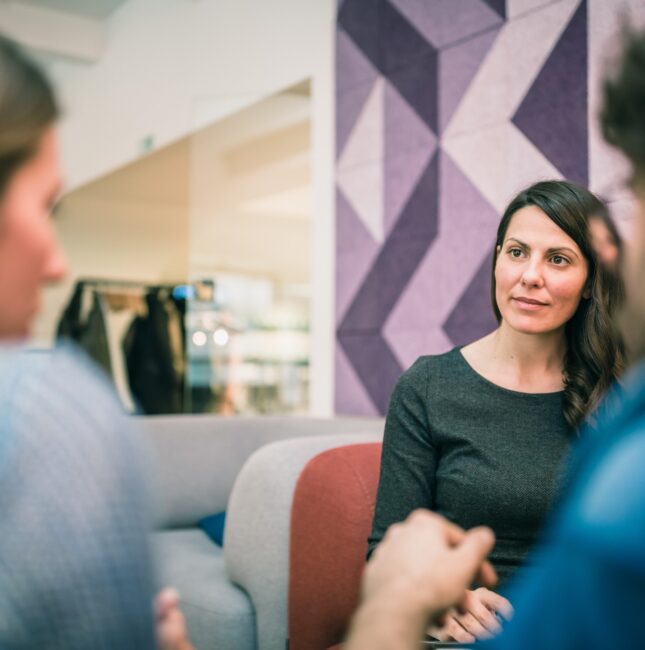How do I become a foster carer?
May 8, 2019
Becoming a foster carer is an exciting time that can change your life forever. You take in children at some of the most vulnerable points in their lives, and this is why all potential foster families go through a rigorous assessment process before being granted the right to be foster carers. From start to finish, the process to become a foster parent can take between four to six months, and we’re going to outline how next.
Step 1- Lodge Your Application with CatholicCare
- At CatholicCare, we offer expert support and a range of programs for foster children and potential carers. If you’d like to become a carer, simply lodge your application to start the process. The application will list your basic details like name, address, birthday, phone, income and more. Once you fill it out, you can post or email it back in to our staff. Or pop in! While you’re here, we encourage you to look around and explore the other services we offer to our clients.
Step 2- Background Steps & Training
- Once we get your application, you’ll undergo a background check that includes criminal activity, working with children check, medical reports and references. After you pass this background check, you’ll be invited to attend an assessment interview. During the interview CatholicCare will come to your home and make sure that everything is safe for your foster child.
- Following successful completion of the assessment interview and approval you will be able to attend regular training workshops. Initial mandatory training includes topics about children in foster care, trauma informed care as well as your rights and responsibilities as a carer.
Step 3- Fostering Panel Evaluation
- At the end of the assessment period, a foster panel will look at your assessment, background checks, references and any recommendations from the agencies that worked with you on your training. When they approve you to be a foster carer, you’ll usually get both written and verbal communication, as well as approval certification. You will also be registered as carers on the NSW Carers Registrar.
CRITERIA FOR BECOMING A FOSTER CARER IN AUSTRALIA
There are roughly 47,915 Australian children residing in the foster care system, and this number continues to rise slowly from year to year. Foster parents are required to meet a set of criteria before they’re eligible to be foster carers, and these criteria include but are not limited to:
- Ideally, over age 25 (some states and territories are 21)
- You have a spare room for your foster child to sleep in
- You can cope with stressful or difficult situations
- You’re able to help your foster child manage their emotions and outbursts
- You have a clear criminal background check and NSW ‘Working with Children Check’
- Completed the required initial training
- Ensure you have a safe residence which has been verified by CatholicCare
- Understand things may be broken and property damage may occur
- Have a source of steady income
- Have flexibility in your schedule to accommodate your foster child
- You can provide a safe and stable environment.
Taking on the role of a foster carer can and will change your life. You’ll be able to help kids on the Central Coast and Northern Beaches by giving them a safe and secure environment that helps them thrive. If you’d like to know more about our extensive support network, or how to become a foster carer yourself, you can contact us today!
Australia is in desperate need of foster care families, and the need continues to grow year on year. There are more and more children entering the Out of Home Care system every day, and they deserve to have a loving and supportive environment to grow up in until they transition out into adulthood. Please call us on (02) 4320 7777, email fostercare@catholiccaredbb.org.au or visit www.catholiccaredbb.org.au/fostercare if you can help.
More news stories like this one
Mark has greater control
It's been a year of change and growth for Mark, who is a proud resident of our Supported Independent Living house in Wahroonga. Upon being asked what he most enjoys about living at Kokoda House, Mark says, “everything!”
Read MoreLet’s talk about invisible disabilities
When you think of the word, ‘disability’ what do you see? Perhaps you envision someone in a wheelchair, or a person walking with a cane. The reality is that for 90% of people living with a disability in Australia, their disability is invisible.
Read MoreMediation gives Amanda & David breathing space
When Amanda first contacted CatholicCare for help with property mediation, her life was nothing short of chaotic. “You name it, it had happened,” says Family Dispute Resolution Practitioner Melanie.
Read More


